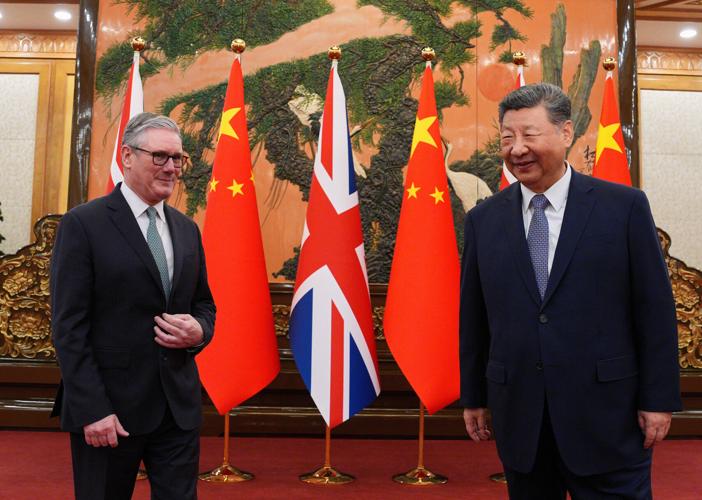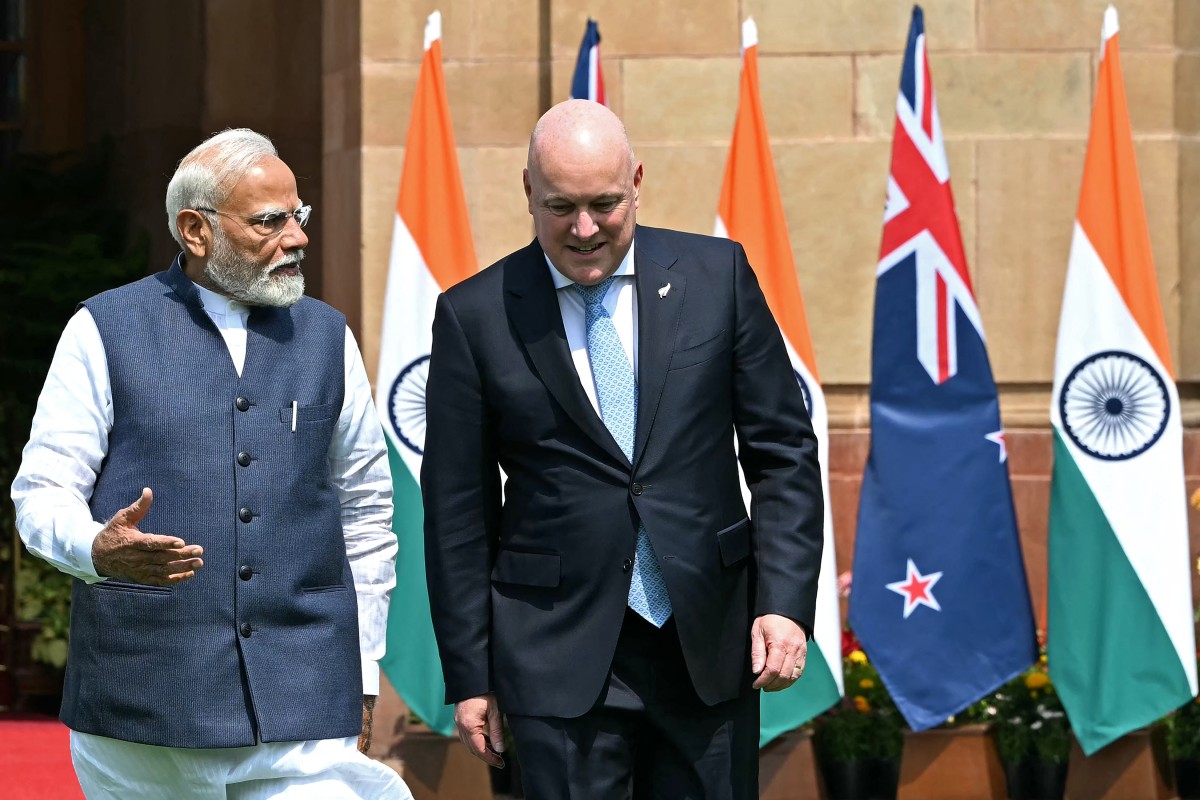China Strikes Back: Massive Tariffs on Canadian Goods Starting March 20!
On March 8, 2025, China announced it would impose retaliatory tariffs on several Canadian goods, marking an escalation in the ongoing trade tensions between the two countries. The Chinese Ministry of Finance issued a statement revealing the new tariffs that will affect key sectors including rapeseed oil, pork, seafood, and pea products.
Key Details of the Tariff Measures:
-
Rapeseed Oil and Pea Products: A hefty 100% tariff will be imposed on imports of rapeseed oil and pea products from Canada. This move is expected to have a significant impact on Canada’s agricultural export market, particularly since Canada is a major global supplier of both rapeseed oil and peas.
-
Pork and Seafood: In addition to rapeseed oil and peas, China will impose a 25% tariff on Canadian pork and certain types of seafood imports. This tariff affects another important area of Canada’s agricultural and fisheries exports, with the pork industry in particular being a significant export product.
-
Effective Date: The new tariffs will be enforced starting on March 20, 2025, giving Canadian exporters and businesses a short window of time to prepare for the increased costs and trade restrictions.
Context of the Tariffs:
These retaliatory tariffs come amid deteriorating trade relations between China and Canada, a situation that has been building for several years. The tensions began in 2018, when Canada detained Huawei executive Meng Wanzhou at the request of U.S. authorities. In response, China arrested two Canadian citizens, Michael Kovrig and Michael Spavor, accusing them of espionage, which further strained diplomatic relations.
The trade war has escalated over the years, with both countries imposing tariffs on each other’s goods. Canada has faced similar trade barriers in other sectors, including agricultural products, as China has sought to retaliate against actions that it views as politically motivated.
Impact on Canada:
The tariffs on rapeseed oil and peas, in particular, will heavily affect Canadian farmers and the agricultural industry. Canada is one of the world’s largest producers and exporters of rapeseed oil, which is used in cooking oils, biodiesel production, and as a key ingredient in various food products. The imposition of a 100% tariff could sharply reduce Canadian exports to China, which is one of Canada’s largest trading partners.
Similarly, the tariffs on pork and seafood will be a significant blow to Canada’s meatpacking and seafood industries. Canadian pork producers, particularly in provinces like Quebec and Ontario, are heavily reliant on exports to China, which is one of the top markets for Canadian pork.
China’s Strategic Motives:
China’s decision to impose these tariffs appears to be a strategic move in the broader context of its ongoing geopolitical struggle with Canada, as well as broader trade dynamics. The tariffs may also be seen as a method to retaliate against Canada’s alignment with Western powers on issues such as human rights and national security. Furthermore, China is seeking to assert its influence over trade negotiations and bolster its domestic industries.
Potential Repercussions:
-
For Canada: The new tariffs could have serious economic implications, particularly for the agricultural and food industries, which may face decreased demand from the Chinese market. It could also result in a search for alternative markets for Canadian agricultural exports.
-
For China: While China is the largest market for Canadian rapeseed oil and pork, it could face challenges finding alternative suppliers who can meet its demand for these products. The tariffs may lead to higher costs for Chinese consumers and businesses in these sectors.
Diplomatic and Economic Fallout:
As tensions between the two countries escalate, diplomatic efforts may intensify to de-escalate the trade conflict. Canada could seek support from international trade organizations or other allies to challenge the tariffs, though the diplomatic landscape remains volatile.
The decision is a clear reflection of China’s broader stance on trade and diplomacy, and it signals that the trade war could continue to have a profound impact on both countries’ economic landscapes.
As the situation develops, it remains to be seen how both countries will navigate the trade impasse and whether they can find a path toward resolution.
Think You Know Sanaa? These 15 Surprising Facts Will Change Your Perspective! | Maya




